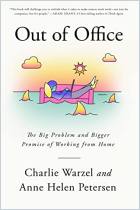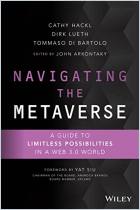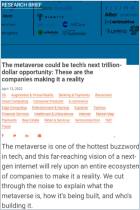
Lessons from 19 Years in the Metaverse
A conversation with one of the few people who have real historical perspective on digital communities
Recommendation
Whenever the idea of virtual worlds comes up, there’s often a lot of hand-wringing about an imagined future in which young people will sequester themselves to small dark rooms, interacting only with strangers online. But perhaps instead, a more legitimate concern is that virtual reality will look much like our current reality, complete with subprime mortgages, shady financial instruments and feckless speculators driving up prices. In this interview, Wagner James Au describes his concerns about the future of the metaverse.
Summary
About the Author
Charlie Warzel has written about culture and technology for The New York Times and BuzzFeed News. Wagner James Au is the author of The Making of Second Life: Notes from the New World and the blog New World Notes. He also works as a game-development consultant.





















Comment on this summary or Diskussion beginnen